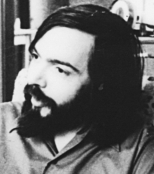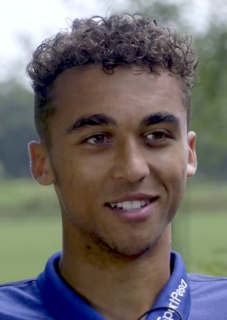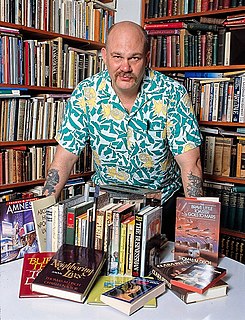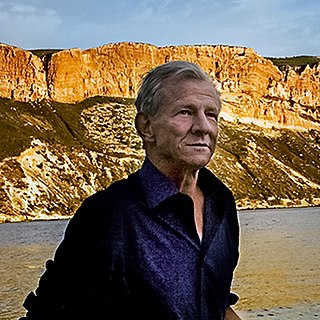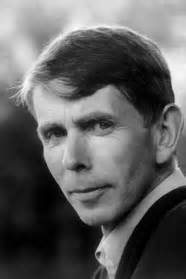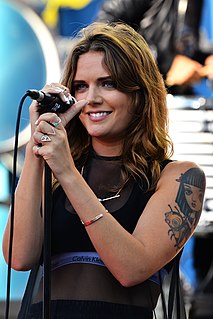A Quote by Kevin Costner
I don't read as much as I'd like. I've been writing a lot. I've been doing a lot of music, but I don't read as much as I should. I just don't.
Related Quotes
I often tell people who want to write historical fiction: don't read all that much about the period you're writing about; read things from the period that you're writing about. There's a tendency to stoke up on a lot of biography and a lot of history, and not to actually get back to the original sources.
It's been such a privilege and an honor to be writing this book [he Pleiadian Promise]. It's really changed my life, and it has absorbed my every waking moment for months. I'm going to be relieved to put that aside and just release it, because it's been a lot, not too much; it's been very glorious, but it has been a lot for me.
I like myself better when I'm writing regularly. ... I was influenced a lot by those around me-there was a lot of singing that went on in the cotton fields. ... I'm a country songwriter and we write cry-in-your-beer songs. That's what we do. Something that you can slow dance to...I never gave up on country music because I knew what I was doing was not that bad. ... Most of the stuff I've read about me has been true.
Good description is a learned skill, one of the prime reasons why you cannot succeed unless you read a lot and write a lot. It’s not just a question of how-to, you see; it’s also a question of how much to. Reading will help you answer how much, and only reams of writing will help you with the how. You can learn only by doing.
When I make a film, I don't watch a lot of other films. I read a lot; I try to read poems, things that can liberate my human condition, that make me go away... I spend a lot of the time doing nothing, just concentrating on the subject. Sometimes I'll sit in my chair for two or three hours without doing anything.
I like the fact that a lot of people get to hear the music and I love performing with people cheering you on and you're feeling the love for what you're doing, but there's also the other side where if you give away as much personal information as I do it's hard not to take it personally when people are saying mean things about you. But I try not to read any comments. Right now I'm just feeling a lot of love.

